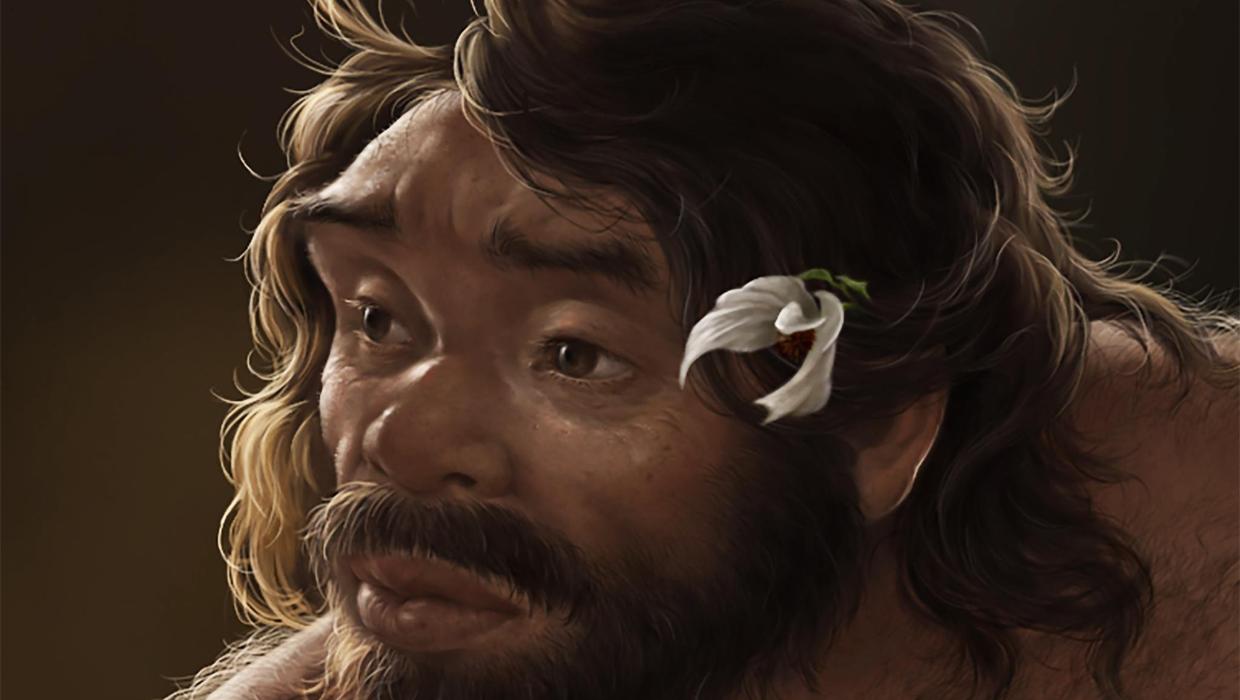Science
Ancient Skull Challenges Established Human Evolution Timeline

A recently unearthed fossilized skull is prompting a reevaluation of the established timeline of human evolution. This discovery suggests that the origins of modern humans may be much older than current scientific consensus indicates. Researchers from the University of Cambridge uncovered the skull, which is believed to be around 1.8 million years old, in a site in Africa.
The skull, attributed to an early member of the genus Homo, raises significant questions regarding the development of early human traits. Traditionally, it has been believed that the emergence of modern humans, or Homo sapiens, occurred approximately 300,000 years ago. However, the new findings suggest that distinctive traits associated with modern humans could have developed far earlier, potentially altering the understanding of our evolutionary history.
Researchers, led by Dr. Emma Jones, assert that this skull provides critical evidence of anatomical features previously thought to have evolved later. “This discovery challenges the linear view of human evolution,” Dr. Jones stated. “It highlights the complexity and diversity of our ancestors long before our species emerged.”
The implications of this finding extend beyond mere academic interest. It could reshape our understanding of the migration patterns of early humans and their interactions with other hominin species. The skull’s features indicate a blend of characteristics that bridge the gap between Homo erectus and modern humans, suggesting that evolutionary development was not a straightforward path.
In light of this discovery, many scientists are calling for a reassessment of the fossil record. “Our understanding of human evolution is continually evolving,” remarked Dr. Mark Thompson, a paleoanthropologist not involved in the study. “Each new find adds a piece to the puzzle, and this skull could be a game-changer.”
The research team plans to conduct further studies to determine how this skull fits into the broader context of human evolution. As more findings emerge, the scientific community anticipates a lively debate about the implications of this discovery.
This revelation not only challenges existing textbooks but also emphasizes the importance of ongoing research in understanding our past. As scientists delve deeper into the fossil record, they may uncover more surprises that could redefine the narrative of human evolution.
In summary, the fossilized skull from Africa represents a pivotal moment in paleoanthropology. It has the potential to significantly alter the timeline of human evolution, prompting a closer examination of how our species came to be. As the research progresses, it will undoubtedly stimulate further exploration and discussion within the scientific community.
-

 World3 months ago
World3 months agoTest Your Knowledge: Take the Herald’s Afternoon Quiz Today
-

 Sports3 months ago
Sports3 months agoPM Faces Backlash from Fans During Netball Trophy Ceremony
-

 Lifestyle3 months ago
Lifestyle3 months agoDunedin Designers Win Top Award at Hokonui Fashion Event
-

 Sports3 months ago
Sports3 months agoLiam Lawson Launches New Era for Racing Bulls with Strong Start
-

 Lifestyle3 months ago
Lifestyle3 months agoDisney Fan Reveals Dress Code Tips for Park Visitors
-

 Health3 months ago
Health3 months agoWalking Faster Offers Major Health Benefits for Older Adults
-

 World3 months ago
World3 months agoCoalition Forms to Preserve Māori Wards in Hawke’s Bay
-

 Politics3 months ago
Politics3 months agoScots Rally with Humor and Music to Protest Trump’s Visit
-

 Top Stories3 months ago
Top Stories3 months agoUK and India Finalize Trade Deal to Boost Economic Ties
-

 World3 months ago
World3 months agoHuntly Begins Water Pipe Flushing to Resolve Brown Water Issue
-

 Entertainment3 months ago
Entertainment3 months agoExperience the Excitement of ‘Chief of War’ in Oʻahu
-

 Science3 months ago
Science3 months agoNew Interactive Map Reveals Wairarapa Valley’s Geological Secrets









